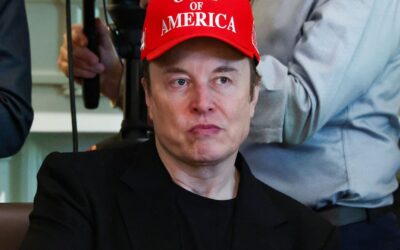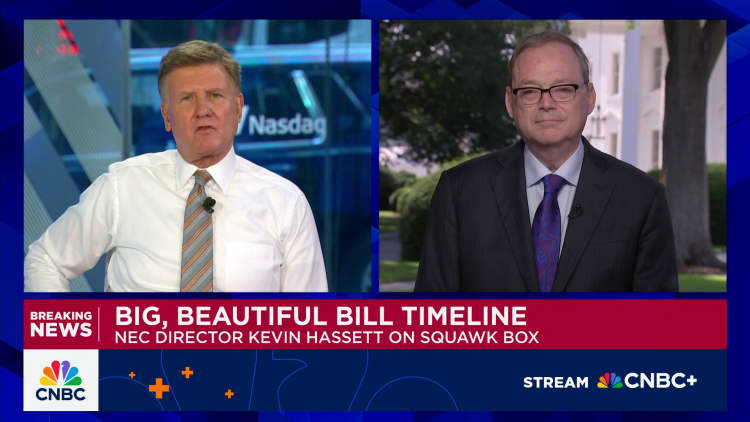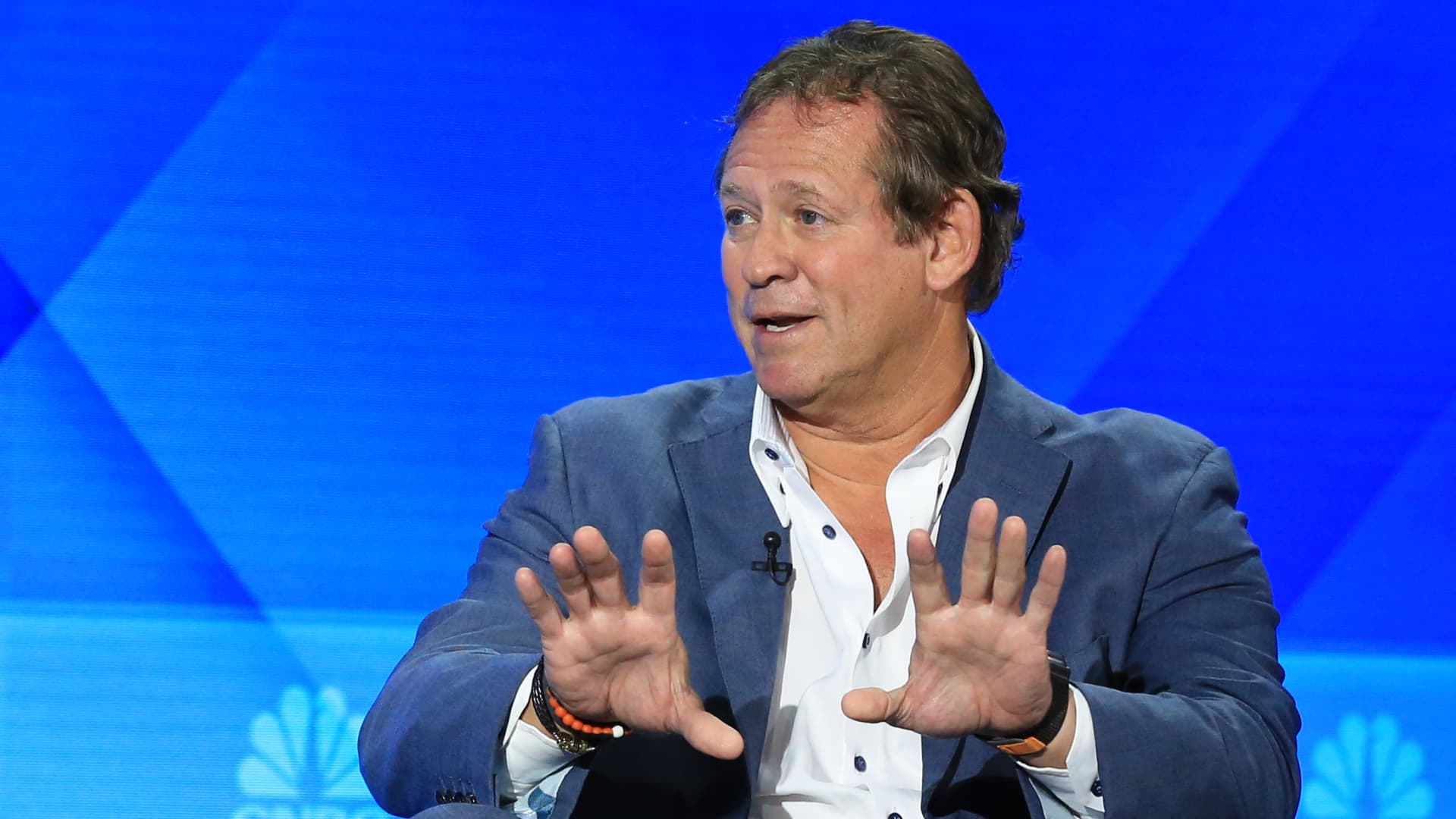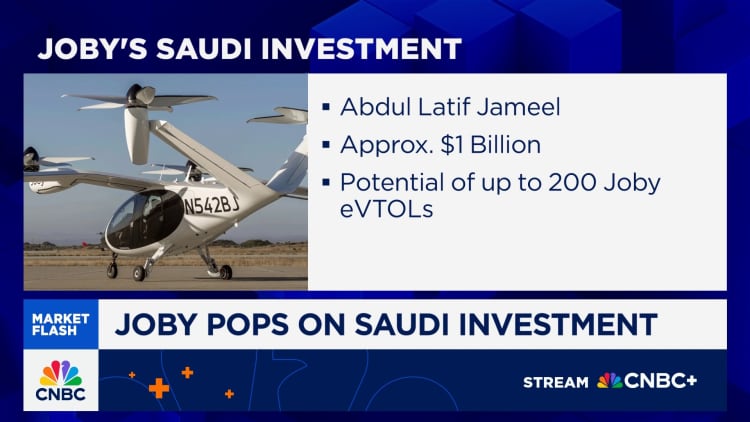Robinhood gives out tokens of OpenAI and SpaceX. Stock hits record
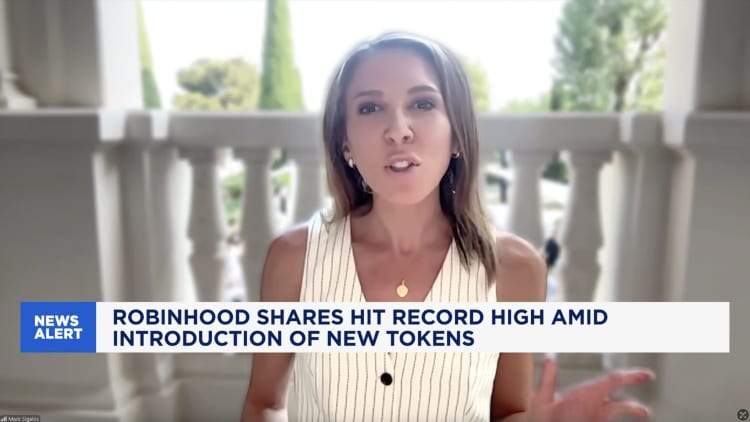

CANNES — Robinhood stock climbed 10% to an all-time high Monday after the company rolled out tokenized shares of OpenAI and SpaceX to users in Europe as part of a larger crypto rollout.
It is the company’s first move to make private equity accessible via blockchain.
The announcement, which came Monday during the company’s product showcase in Cannes, is part of a broader push to expand Robinhood’s crypto footprint globally. The tokenized assets will be available exclusively through Robinhood’s EU crypto app, where more than 200 tokenized stocks and ETFs are now tradable 24 hours a day, five days a week with no commission or spread.
OpenAI and SpaceX stand out since neither company is publicly listed, and access to their equity has historically been limited to insiders and ultra-wealthy investors.
“We wanted to make sure we were giving access,” said Johann Kerbrat, senior vice president and general manager of crypto at Robinhood. “What we discussed on stage was how to address the inequality between people who’ve historically had access to these kinds of companies — and everyone else. That’s the really exciting part: Now everyone will be able to get it.”
“The goal with tokenization,” he added, “is to let anyone participate in this economy.”
To mark the launch, Robinhood is giving 5 euros worth of OpenAI and SpaceX tokens to every eligible user in the European Union who onboards to trade stock tokens by July 7. The company has allocated $1 million worth of OpenAI and $500,000 worth of SpaceX for the campaign.
This marks the first time Robinhood has tokenized private companies — a milestone made possible, in part, by the EU’s more flexible regulatory environment.
“There are no accredited investor rules here in the EU, so anyone who qualifies to trade stock tokens is able to access them,” Kerbrat explained.
While the EU rollout is underway, Robinhood says U.S. users shouldn’t expect access anytime soon.
Regulatory hurdles — particularly accredited investor restrictions — remain a major barrier to bringing tokenized private equity to the U.S. market. CEO Vlad Tenev has publicly called for reform, arguing that blockchain could unlock broader participation in private markets.
The tokenized shares are being distributed via Robinhood’s custody wallet into user accounts, part of a broader infrastructure push that also includes the company’s new Layer 2 blockchain built on Arbitrum, which were announced the same day.
And while American users can’t yet access tokenized shares of private companies, they are gaining access to crypto staking.
Robinhood also launched staking for Ethereum and Solana in the U.S., a feature that was previously blocked by the Securities and Exchange Commission. The move signals a renewed push to reintroduce yield-bearing crypto products to the domestic market.

<

